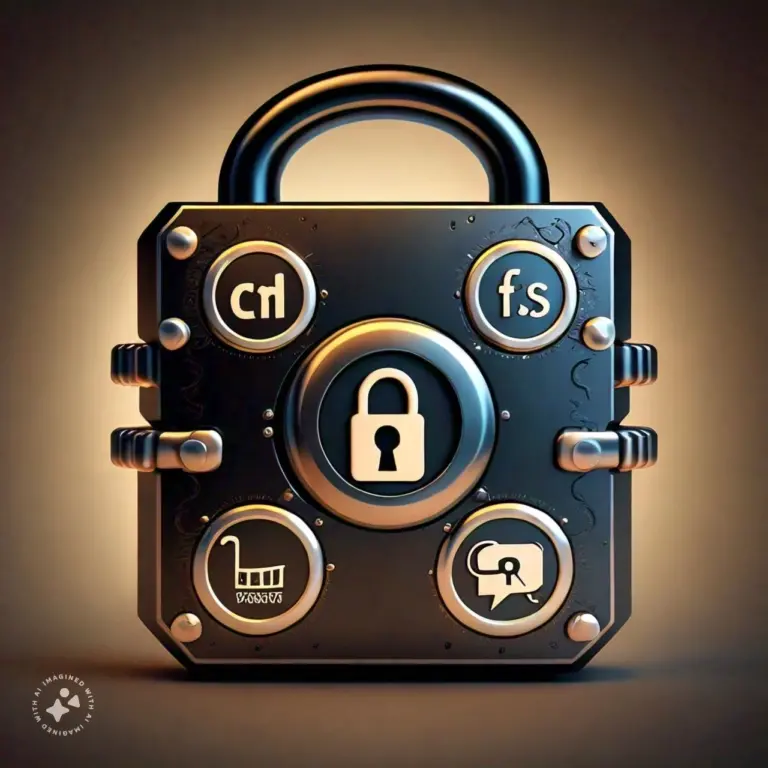The Crypto Wars: A David vs. Goliath Battle for Your Digital Secrets

Imagine a time before the internet became a household name. A time when sending a secret message required complex codes or a trusted friend with a locked box. Then, the digital age arrived, bursting open communication channels, but leaving them vulnerable to prying eyes. This is the backdrop for the Crypto Wars, a fascinating and often-overlooked fight that shaped the internet we know today.
In one corner stood the US government, worried that strong encryption – the scrambling of messages to make them unreadable – would hinder their ability to fight crime and terrorism. They saw encryption software like a secret weapon, and treated it with the same export restrictions as tanks and missiles. This meant you couldn’t share this “weapon” with anyone outside the US without special permission.
On the other side were ordinary people, businesses, and a whole lot of techies. They saw the need for secure communication as fundamental. Businesses needed to protect their financial data, activists fighting for human rights needed a safe way to communicate, and everyday folks just wanted to keep their emails private from prying eyes.

Enter Phil Zimmermann, a computer whiz with a rebellious streak. He developed a program called Pretty Good Privacy (PGP) that made strong encryption accessible to anyone with a computer. PGP was like giving everyone a personal lockbox for their digital messages, and the government wasn’t happy. Zimmermann faced legal threats for daring to defy their encryption controls.
But Zimmermann wasn’t alone. A digital rights group called the Electronic Frontier Foundation (EFF), led by the brilliant Cindy Cohn, jumped into the fight. They launched lawsuits, arguing that the government’s grip on encryption stifled innovation and violated people’s privacy rights. Activists, with a healthy dose of humor, even printed encryption algorithms on t-shirts, turning the absurdity of the situation into a wearable protest.
The government tried to appease everyone with the Clipper Chip, a technology that offered strong encryption with a backdoor for law enforcement. However, this backdoor turned out to be a gaping security hole, making the whole system useless. It was like giving everyone a fancy lock with a key readily available to anyone who wanted it.
By 1996, a turning point arrived. Public pressure, the EFF’s legal victories, and the advancement of encryption technology itself forced the government to back down. Encryption was finally removed from the Munitions List, a symbolic victory for the little guy.
The Crypto Wars weren’t a clean win, though. The government continues to search for ways to weaken encryption, and the fight for online privacy is far from over. But thanks to the efforts of pioneers like Zimmermann and Cohn, the internet is a more secure place. Today, strong encryption is woven into the fabric of the digital world, protecting our emails, messages, and online activities from unauthorized access. The Crypto Wars were a David vs. Goliath battle, and a reminder that even seemingly ordinary people can fight for – and win – a more secure and private digital future.
Tags: awareness, bitcoin, crypto, cryptocurrencies, cybersecurity, darknetmarkets, darkweb, ethicalhacking, internet, privacy, safety, worldwideweb

Comments on 'The Crypto Wars: A David vs. Goliath Battle for Your Digital Secrets' (0)
Comments Feed